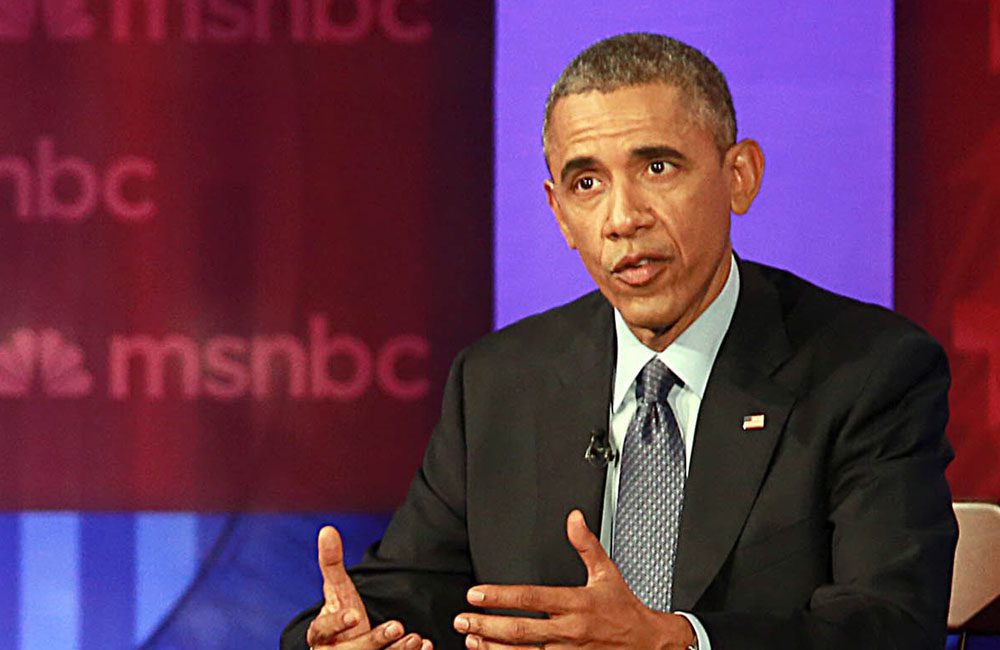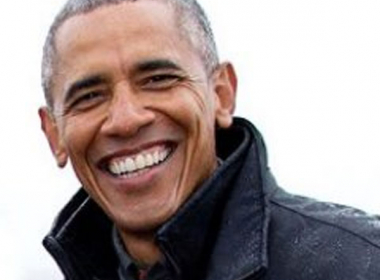 On Friday, July 22 House Speaker John Boehner, R-Ohio, broke off talks with President Barack Obama concerning concessions surrounding raising the debt ceiling. Rep. Boehner stopped returning the White House’s calls on Thursday and informed the president Friday that he would not be returning to the negotiation table. In response, the president held a press conference and demanded that Congressional leaders come to the White House on Saturday morning. Visibly angry, the president stated,” I want them here at 11 a.m. tomorrow,” he said. “They are going to have to explain to me how it is that we are going to avoid default.”
On Friday, July 22 House Speaker John Boehner, R-Ohio, broke off talks with President Barack Obama concerning concessions surrounding raising the debt ceiling. Rep. Boehner stopped returning the White House’s calls on Thursday and informed the president Friday that he would not be returning to the negotiation table. In response, the president held a press conference and demanded that Congressional leaders come to the White House on Saturday morning. Visibly angry, the president stated,” I want them here at 11 a.m. tomorrow,” he said. “They are going to have to explain to me how it is that we are going to avoid default.”
President Obama said Rep. Boehner failed to gain the support from his colleagues for the concessions that were bargained on in good faith. Both sides have sought a deficit-reduction agreement as part of the essential vote to raise the government’s $14.3 trillion debt limit, which will be reached Aug. 2. The tea party faction of the Republican Party have held steadfast to the position that there should be no new taxes on the wealthy to raise revenue, entitlement programs should make steep cuts, and that the debt ceiling should not be raised.
On Friday night, Rep. Boehner sent a letter to his Republican colleagues that stated, “A deal was never reached, and was never really close.” He added: “In the end, we couldn’t connect. Not because of different personalities, but because of different visions for our country.”
The speaker said President Obama wanted to raise taxes too high and would not make “fundamental changes” to entitlement benefit programs like Medicare. He also said that dealing with the White House was “like dealing with a bowl of Jell-O.”
But according to the New York Times, a White House official confirmed that the president had agreed over the coming decade to cut $250 billion from Medicare spending and $310 billion from other domestic entitlement programs, like farm subsidies and education programs. He was also willing to change the formula for Social Security cost-of-living adjustments, which many economists say would more accurately reflect inflation, for savings of about $125 billion more. These concessions were contingent on Boehner and his colleagues agreeing to higher taxes for wealthy Americans and corporations.
The breakdown in negotiations between President Obama and Rep. Boehner was the second time this month that Boehner had walked away from the table with the president after word of their private talks was leaked to the news media, provoking protests from Republican lawmakers and antitax conservative groups.
“I’ve been left at the altar now a couple of times,” President Obama said. “And I think that one of the questions that the Republican Party is going to have to ask itself, [is] can they say yes to anything?”














